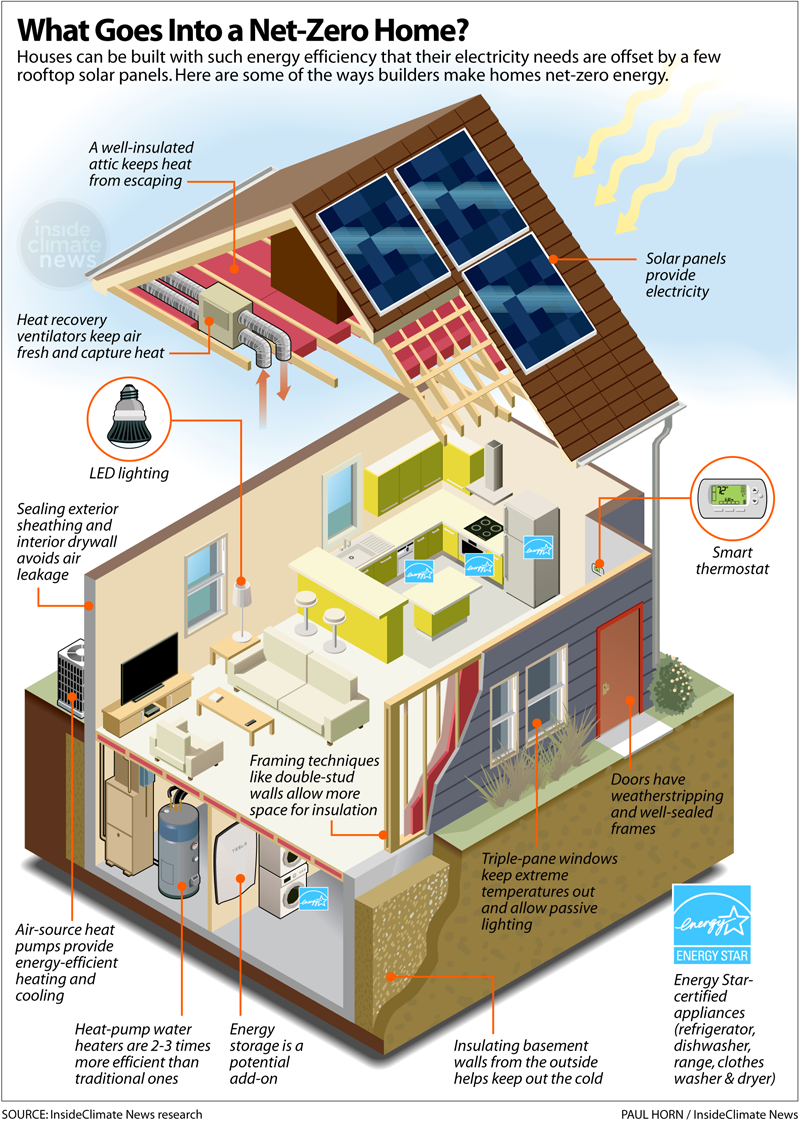News Blast: Your Daily Update
Stay informed with the latest news and trends.
Saving the Planet One Watt at a Time
Join the green revolution and discover how simple changes can save the planet, one watt at a time! Ready to spark change?
10 Simple Ways to Reduce Your Energy Consumption at Home
Reducing energy consumption at home is not only beneficial for the environment but also for your wallet. Here are 10 simple ways you can take action today:
- Unplug Electronics: Many devices consume energy even when turned off. Unplug chargers, computers, and appliances when not in use.
- Use Energy-Efficient Light Bulbs: Replace traditional bulbs with LED or CFL lights, which use significantly less energy and last longer.
- Seal Drafts: Check windows and doors for drafts and use weatherstripping or caulking to seal any leaks, preventing excess heat loss.
- Turn Down the Thermostat: Lowering your thermostat by just a couple of degrees in winter can lead to substantial energy savings.
Additionally, implementing these methods can greatly impact your energy usage:
- Wash Clothes in Cold Water: Most of the energy used in washing comes from heating water, so switch to cold cycles when possible.
- Limit Hot Water Use: Take shorter showers and fix any leaks to reduce hot water consumption.
- Utilize Natural Light: Make the most of daylight by opening curtains during the day instead of turning on lights.
- Invest in Insulation: Proper insulation keeps your home warmer in winter and cooler in summer, reducing the need for heating and cooling.
- Opt for Energy Star Appliances: When replacing old appliances, choose Energy Star-rated products that consume less energy.

The Impact of Renewable Energy: Why Every Watt Counts
The shift towards renewable energy has become a paramount focus in the global fight against climate change. As traditional fossil fuels continue to deplete, renewable energy sources such as solar, wind, and hydroelectric power offer sustainable alternatives. Every watt of energy generated from these sources contributes to reducing greenhouse gas emissions, which is crucial for mitigating the adverse effects of climate change. By transitioning to renewable energy, countries can not only boost their energy security but also promote economic growth through green jobs and innovation.
Moreover, the impact of renewable energy extends beyond environmental benefits; it encompasses social and economic dimensions as well. For instance, investing in renewable energy infrastructure can help create jobs in manufacturing, installation, and maintenance, which are vital for local economies. As the demand for clean energy rises, innovations in technology will drive down costs, making renewable sources more accessible to everyone. Ultimately, the mantra of 'every watt counts' emphasizes that collectively, small efforts at the individual and community level can lead to significant changes in our energy landscape.
Are You Wasting Energy? Common Habits to Avoid for a Greener Planet
In our daily lives, many of us engage in habits that, while seemingly innocuous, contribute significantly to energy waste. Are you wasting energy? One common culprit is leaving electronics plugged in when they are not in use, which leads to what's known as 'phantom load.' Simple changes, such as unplugging chargers and appliances or utilizing power strips with on/off switches, can make a substantial difference. Additionally, neglecting to turn off lights when leaving a room is a habit that not only drains energy but also impacts your electricity bill. By adopting mindful practices, we can collectively reduce energy consumption.
Another critical area to assess is heating and cooling habits. Many households maintain a thermostat setting that is too high in the summer and too low in the winter, which can cause excessive energy use. Avoid constantly adjusting your thermostat; instead, consider investing in a programmable thermostat to optimize energy efficiency. Furthermore, ensuring your home is properly insulated can prevent unnecessary energy loss, contributing to a greener planet. By identifying and modifying these common habits, we can each play a vital role in promoting sustainability and protecting our environment.